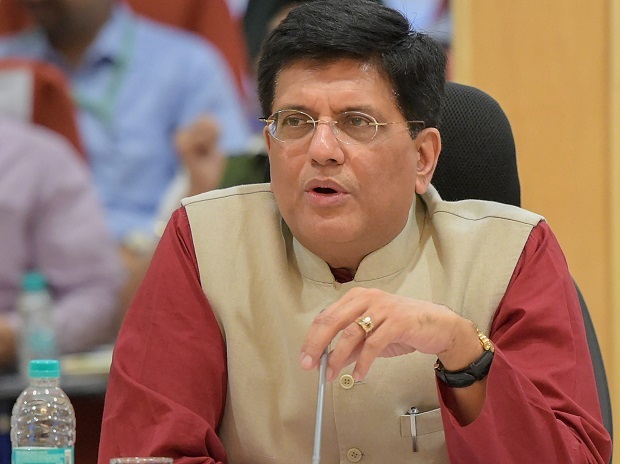New Delhi: Minister of Railways, Commerce & Industry, Consumer Affairs, and Food & Public Distribution Piyush Goyal on Monday said that India’s per-capita CO2 emission is the lowest amongst big economies, and despite that, in India, we are still doing our part, and our ambitious renewable energy target of 450 Gigawatts by 2030 shows our commitment towards the United Nations 2030 Agenda on Sustainable Development and the Sustainable Development Goals.
Speaking at the UN Trade Forum 2021, he said that there is no doubt about all of us being very concerned and we will work with renewed thrust in the post-COVID world to achieve our climate goals.
He said that Climate justice should be protected & developed countries should reconsider their pattern of consumption & focus on sustainable lifestyles.
The Minister said that India has taken many bold steps on clean energy, energy efficiency, afforestation, and bio-diversity, and that is why India is among the few countries whose NDCs (Nationally Determined Contributions) are 2-degree-Celsius compatible.
“We have also encouraged global initiatives like International Solar Alliance and the Coalition for Disaster Resilient Infrastructure,” he said.
Goyal called for decoupling the Trade policy & our Green goals.
Trade policy should look for more inclusive growth all over the world. A clean environment & inclusive development which is sustainable is a priority agenda for India.
The Minister said that India’s long-standing position has been that measures related to the environment and sustainability should not be linked to trade.
Talking about India’s efforts towards sustainable development goals, Goyal said that India has provided free food grain ration to 80 Crore Indians during the COVID pandemic.
“Because of the public procurement programmes we are able to provide such support to such a large number of people to ensure nobody dies of hunger,” he said.
Goyal expressed hope that credit rating agencies like IMF, which dictate the financial architecture of the world, do not land up being unfairly harsh on the developing & less developed countries.





